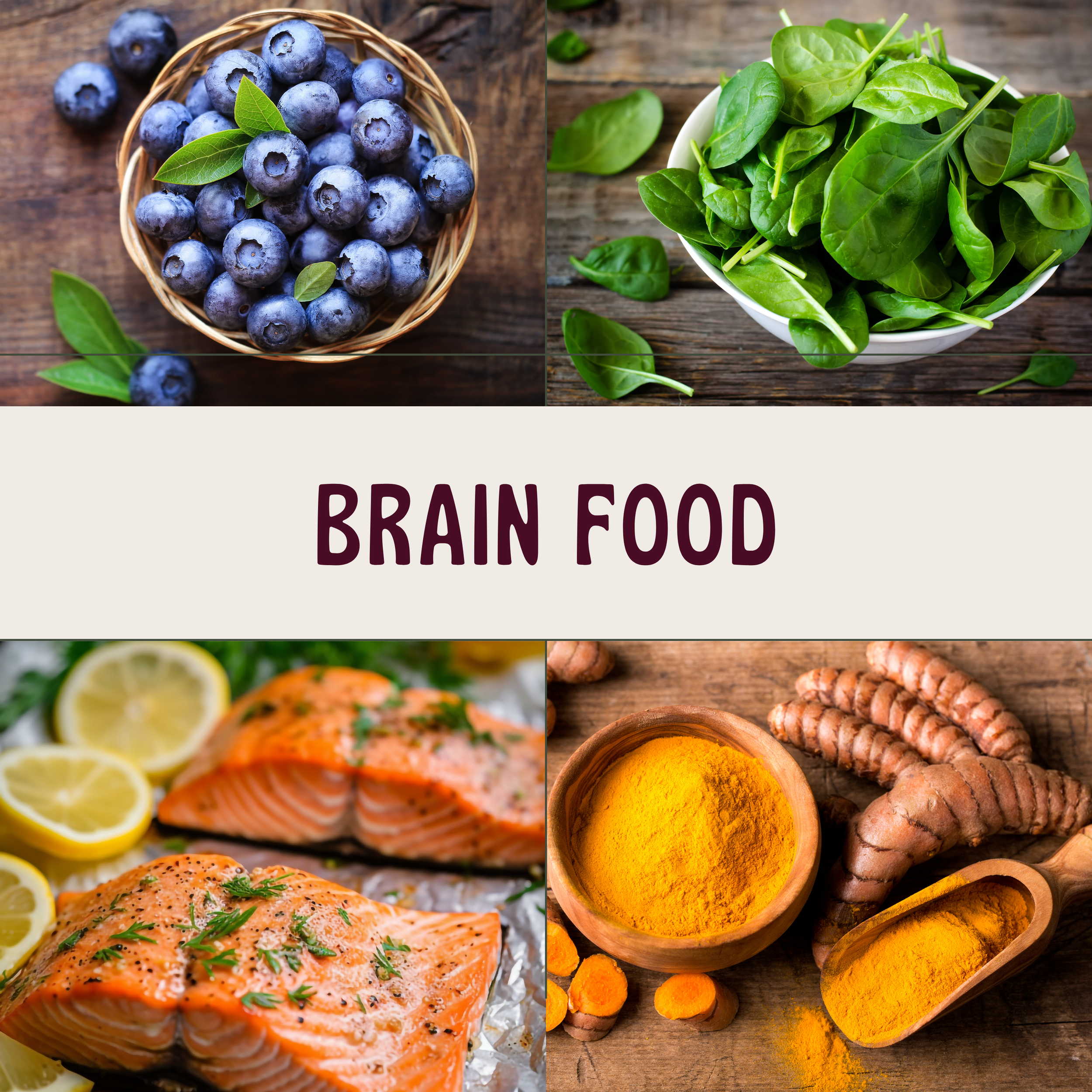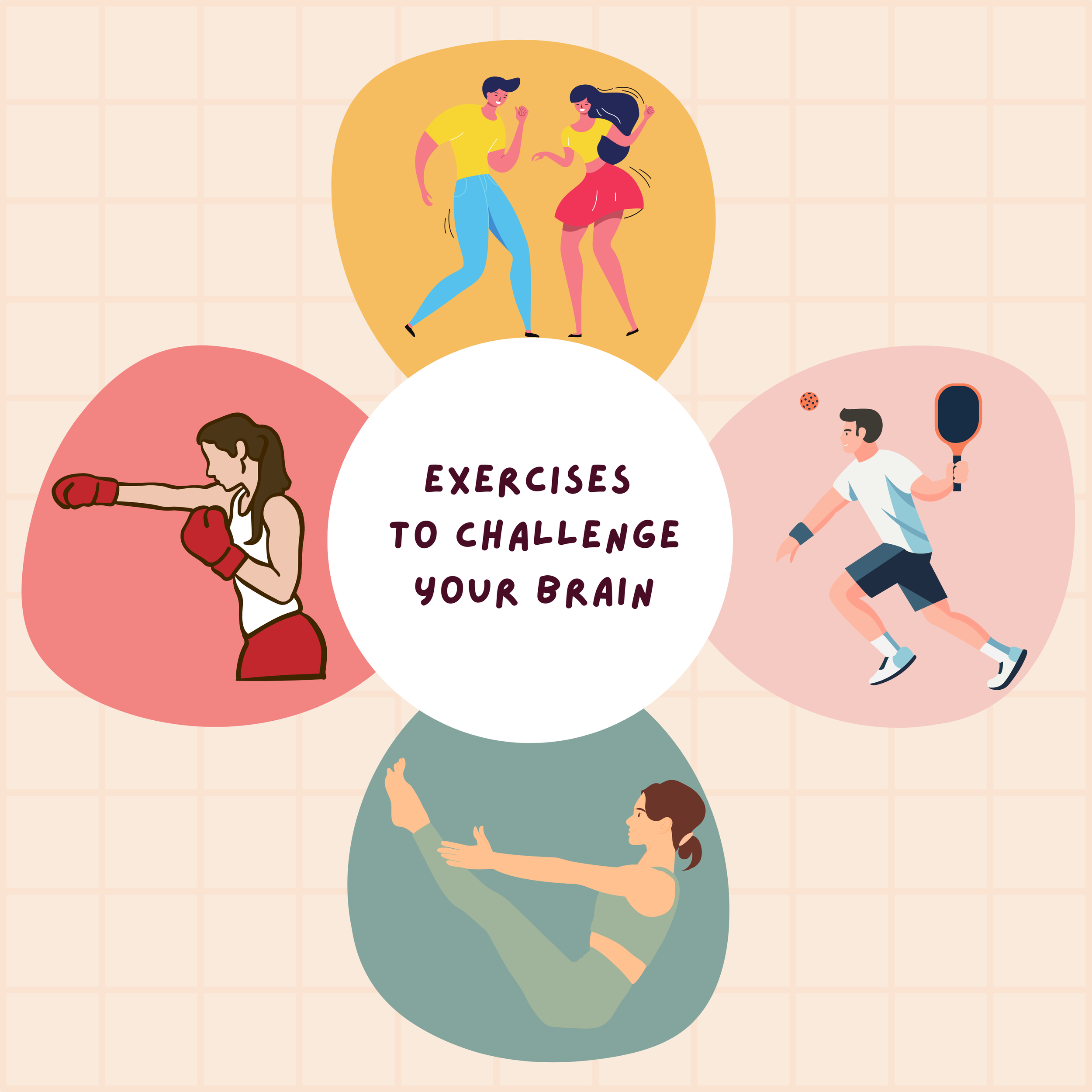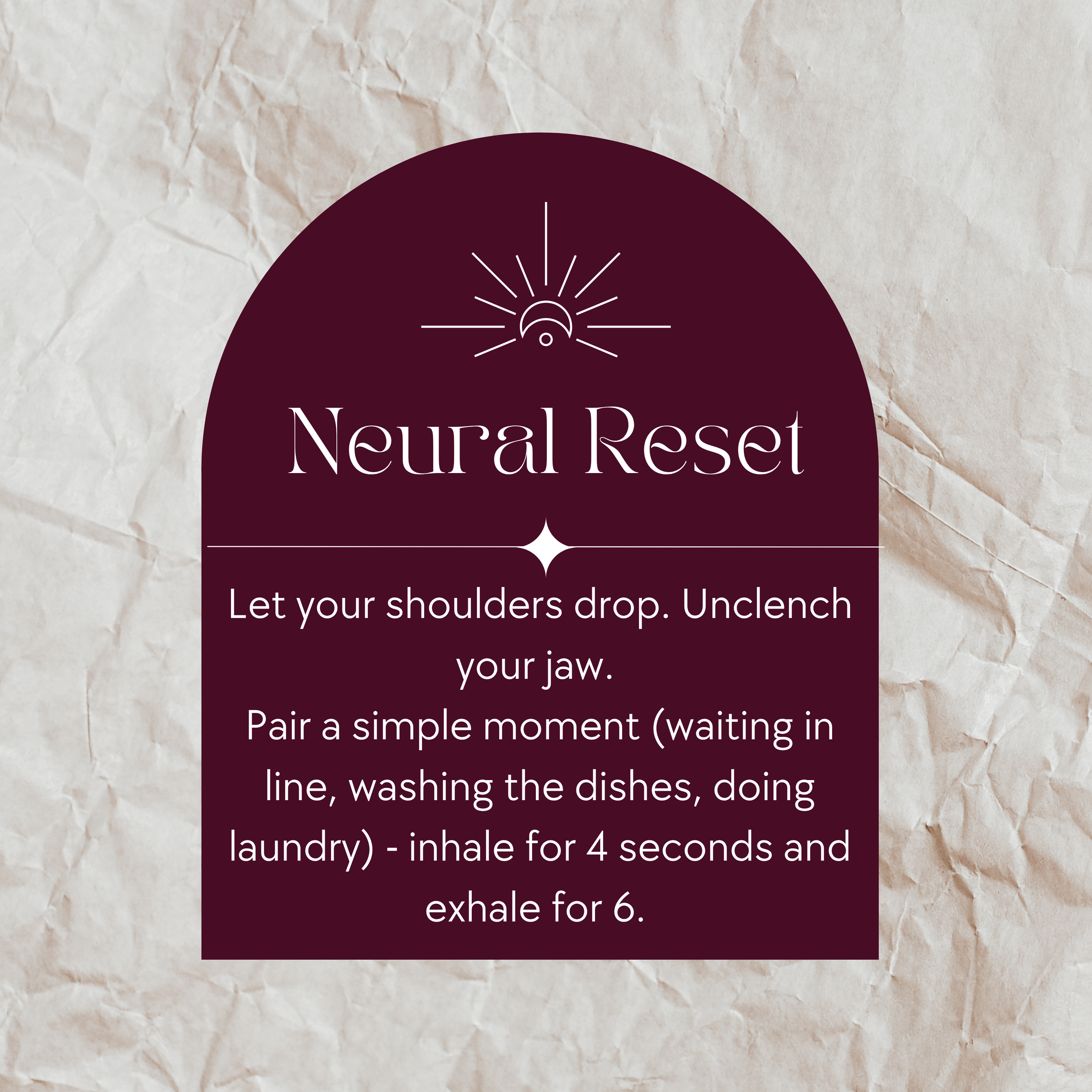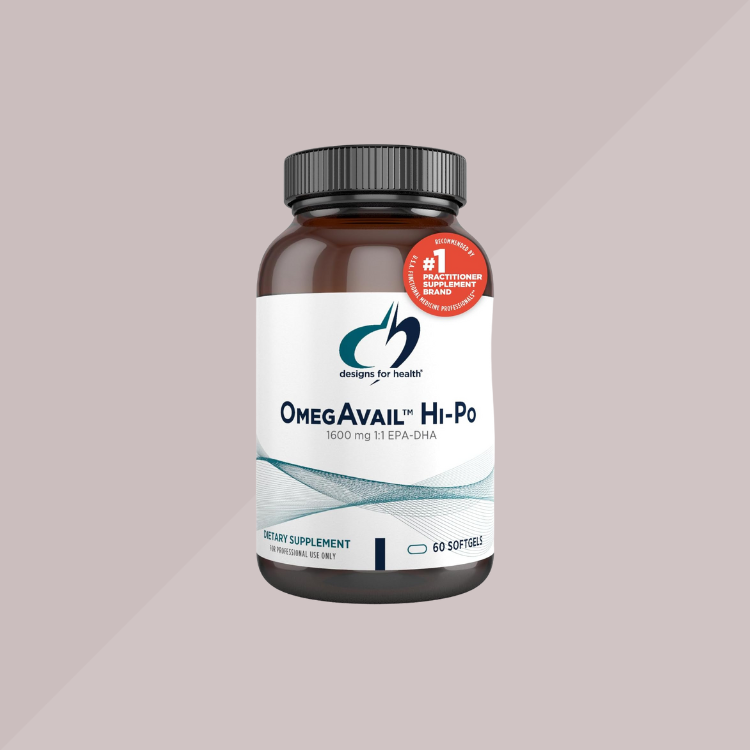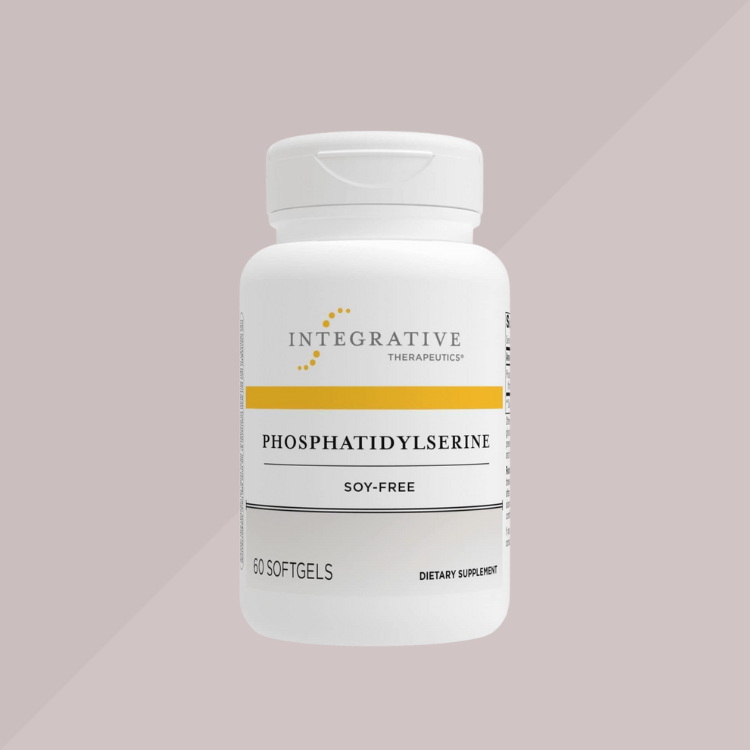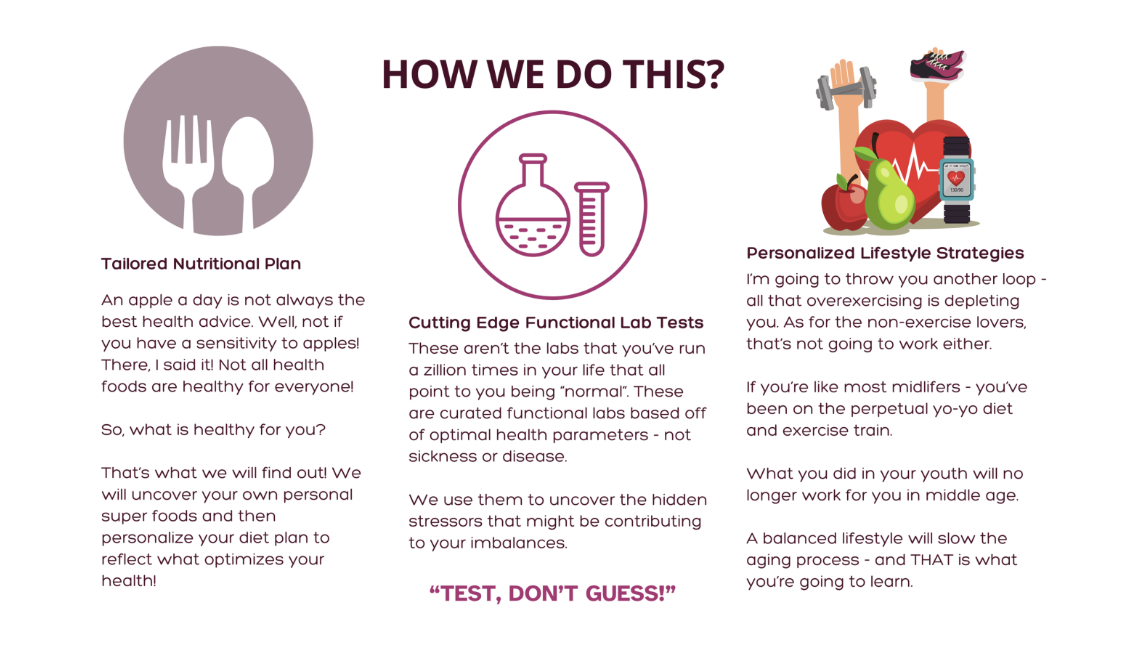What If You Could Detect Alzheimer’s Earlier — With a Blood Test?
Alzheimer’s is personal for me. My grandmother lived with it in her later years, and I witnessed the slow, heartbreaking unraveling of someone I deeply loved. That experience fuels a lot of the work I do today — helping people not just add years to their lives, but protect the quality of those years.
That’s why this week’s news stopped me in my tracks...
The FDA has officially approved the first blood test to aid in diagnosing Alzheimer’s disease. Created by Fujirebio Diagnostics, this new test detects beta-amyloid, the same biomarker found in spinal fluid or expensive PET scans — but now accessible through a simple blood draw. It’s designed for adults over 55 who are showing early signs of memory loss or cognitive changes.
This is a big deal! Not because it’s a cure — but because it represents a shift toward earlier detection.
Earlier conversations. Earlier choices.
And here’s what the science is clear on: Alzheimer’s doesn’t start at 75. It begins decades earlier — slowly, quietly, at the cellular level.
Which is why prevention is everything.
And that’s exactly what this week’s newsletter is about.
We’ll use the NEST framework — Nutrition, Exercise, Stress, and Targeted Supplementation — to look at what you can do now to support your brain, protect your memory, and age with mental clarity and power.
N: Nutrition – Cooling the Body From the Inside Out
Your evening meal has more influence on your sleep than you might think — especially when the temperature is working against you. Heavy, late-night meals rich in saturated fats or sugars can spike core body temperature, increase nighttime inflammation, and even exacerbate symptoms of mild sleep apnea.
High-fat, high-sugar diets are also linked to upper airway inflammation and weight gain, both key contributors to disrupted breathing at night.
Beyond that, nutrient deficiencies can directly interfere with melatonin production and circadian rhythm stability. Magnesium, zinc, B6, and tryptophan-rich foods play a role in producing calming neurotransmitters and regulating body temperature as you wind down.
To support sleep in warmer weather, nutrition needs to shift toward cooling, anti-inflammatory foods that don’t overwork the digestive system or spike cortisol before bed. Think leafy greens, cucumbers, watermelon, wild salmon, berries, and a modest dose of healthy fat to stabilize blood sugar through the night.
Actionable Tip: Add One Brain-Specific Food to Each Meal This Week
Think wild blueberries with breakfast, sautéed spinach or chard at lunch, fatty fish like salmon or sardines at dinner, and a sprinkle of turmeric or rosemary in your cooking.
Why this matters: Your brain is constantly remodeling and repairing. Small, consistent doses of nutrient-dense foods help lower inflammation, support memory pathways, and may even protect against long-term cognitive decline — especially when started early.
E: Exercise – Move Your Body, Grow Your Brain
If there were a pill that could improve memory, grow new brain cells, reduce inflammation, and boost mood — you’d take it, right? That pill exists. It’s called exercise.
Physical activity, especially aerobic movement like brisk walking, cycling, or dancing, has been shown to increase the size of the hippocampus — the area of the brain involved in learning and memory that is often the first to shrink in Alzheimer’s disease. Exercise also increases brain-derived neurotrophic factor (BDNF), a powerful molecule that promotes the growth and survival of neurons and enhances communication between brain cells.
Even short bouts of movement improve cerebral blood flow, oxygen delivery, and lymphatic drainage around the brain (called the glymphatic system), which is especially important for clearing out beta-amyloid — the very protein this week’s newly approved blood test is designed to detect.
The beauty of exercise is that it works both acutely and long-term: one session can improve focus and mental clarity the same day, while regular movement helps protect against cognitive decline over decades.
Actionable Tip: Aim for 30 Minutes of Brain-Boosting Movement, 5 Days This Week
This can include walking, swimming, dancing, hiking — or any moderate movement that gets your heart rate up and your body out of stillness. For bonus brain benefit, try adding coordination activities like pickleball, tennis or choreographed dance classes.
Why this matters: You’re not just working out — you’re training your brain to stay adaptive, oxygenated, and alert. Exercise doesn’t just change your body. It changes your brain structure — for the better.
S: Stress – Chronic Stress Shrinks the Brain (But You Can Push Back)
The connection between stress and cognitive decline isn’t just emotional — it’s structural.
Chronic stress elevates cortisol, which over time shrinks the hippocampus, the brain region responsible for memory, navigation, and learning. That same region is one of the first to deteriorate in Alzheimer’s disease.
When cortisol stays high, your brain shifts into survival mode: short-term focus, fragmented thinking, and disrupted sleep. At the same time, neuroplasticity — the brain’s ability to adapt, form new connections, and repair — begins to slow. The longer the nervous system stays dysregulated, the harder it becomes to recover mental clarity and sharpness.
But here’s the good news: your brain is listening to your environment all the time. By creating moments of perceived safety, you can dial down the stress response and support long-term brain resilience. That means intentionally signaling to your system: “We’re okay now.” And you don’t need a silent retreat or an hour of meditation to do it.
Actionable Tip: Create a Daily “Neural Reset Cue” to Train Calm
Pick one consistent moment — like waiting for coffee, or sitting in traffic — and pair it with a simple 60-second practice: inhale for 4, exhale for 6. Let your shoulders drop. Unclench your jaw. Feel your body soften.
Why this matters: Consistency, not intensity, is what rewires the stress response. Small, daily resets create stronger vagal tone, better emotional regulation, and improved memory — especially over time.
T: Targeted Supplementation – Feed the Brain, Not Just the Body
As we age, our brain's nutritional demands increase — especially if we're navigating stress, poor sleep, hormonal shifts, or inflammation. While food lays the foundation, certain nutrients are hard to get in adequate amounts through diet alone. This is where targeted brain support can make a measurable difference.
One of the most studied nutrients in cognitive health is omega-3 fatty acids, particularly DHA. DHA is a primary structural fat in the brain, essential for maintaining the fluidity of neuronal membranes and supporting memory, mood, and focus.
Low levels of DHA are strongly correlated with cognitive decline and brain shrinkage.
Another powerful ally is phosphatidylserine, a phospholipid that helps protect brain cells and improve communication between neurons. It’s been shown in clinical trials to support attention span, processing speed, and memory in both aging adults and those under chronic stress.
Actionable Tip: Build a Brain Stack That Works Smarter, Not Harder
Look for a clean, well-sourced omega-3 supplement — meaning one that’s free from artificial additives, unnecessary fillers, and tested for purity. Cheap or poorly stored omega-3s can go rancid easily, which is what often causes that unpleasant “fish burp.”
Fresh, high-quality products should have minimal odor and no aftertaste.
Pair it with phosphatidylserine for enhanced memory support, and always take with meals that include fat to improve absorption and avoid oxidation-related aftertaste.
Both DHA and phosphatidylserine are generally safe and well-tolerated, but there are a few considerations to keep in mind.
If you're on blood-thinning medications or have a bleeding disorder, check with your provider before starting either, as they may have mild anticoagulant effects.
Those with fish or soy allergies should opt for algae-based DHA or sunflower-sourced phosphatidylserine.
And if you have very low blood pressure or are preparing for surgery, it’s smart to review with your practitioner first.
Disclaimer:
The supplement recommendations shared in this newsletter are for general informational and educational purposes only. They are not intended to diagnose, treat, or replace personalized medical advice. Please consult your healthcare provider before starting any new supplements, especially if you have underlying health conditions or are taking medications.
What You Do Now Matters Later
This week’s FDA approval isn’t just about diagnostics — it’s a reminder that brain changes begin long before memory loss shows up. And while my grandmother didn’t have access to the tools we do today, you do.
That’s the opportunity.
Through personalized nutrition, movement, stress recalibration, and targeted brain support, we can take real steps to protect long-term memory and mental clarity — not by reacting, but by investing early.
If you’re ready to explore how your current health, hormones, and daily habits are affecting your cognitive resilience, I invite you to learn more about my Midlife Wellness Reboot. We use functional testing and root-cause strategies to create a plan that supports your brain now — and decades from now.
If you’re ready to work with someone who sees the whole picture, click below to explore the program or book a free discovery call.
Let’s Spread the Word
Know someone who could benefit from a fresh perspective on their health in the new year?
Share THE NEST NEWSLETTER with friends and family.
Book an In-Person Treatment
For continued Acupuncture / PT care
One-on-One
Want individualized root cause insight on your overall health?
Book a Free 30 minute Discovery Call for Functional Wellness


